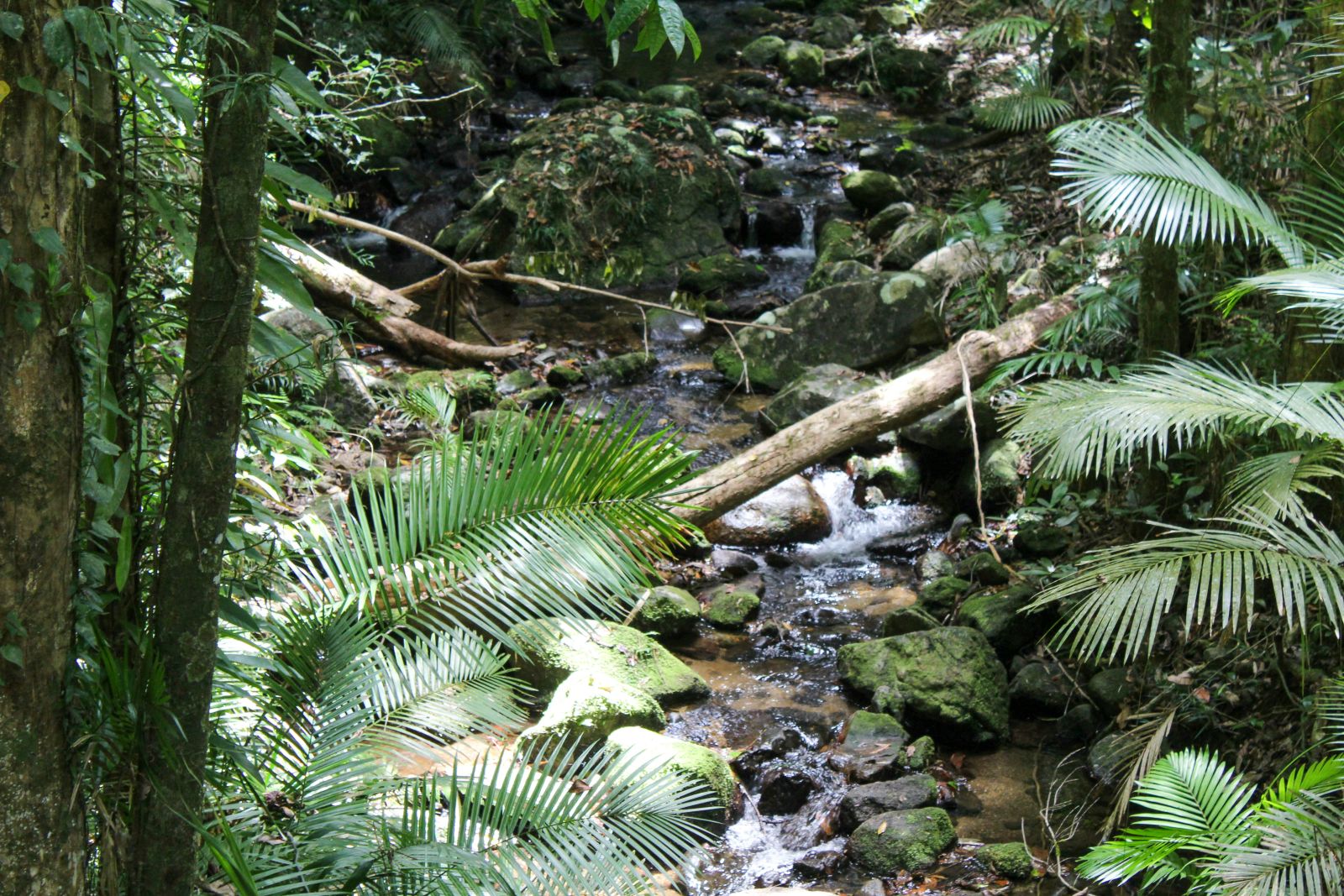


Researchers at James Cook University (JCU) have discovered that mountain-top plants in Far North Queensland’s Wet Tropics may hold the key to new treatments for inflammatory bowel disease (IBD).
A new study published in Microbiological Research has found that natural compounds from Uromyrtus metrosideros, a plant native to the region, not only help the plant cope with rising temperatures and environmental stress but may also help repair and restore human gut bacteria.
“Rising temperatures and environmental stressors are forcing tropical plants to either die out or adapt,” said JCU Associate Professor Phurpa Wangchuck, who co-supervised the study.
“When plants adapt to stressors, they often secrete a lot of interesting chemicals, many of which show antioxidant and anti-inflammatory activities.
“We wanted to test whether these anti-inflammatory properties can be used to treat inflammatory bowel disease.”
IBD—including Crohn’s disease and ulcerative colitis—is a chronic, incurable condition marked by severe gut inflammation.
“In Australia, one in 200 people suffer from IBD, and it's increasing,” said Assoc Prof Wangchuck.
“Once you get the disease, the symptoms are so terrible that life becomes extremely difficult.
“Constant diarrhea, bleeding, and pain mean people cannot work of live normally.
“IBD cost the Australian economy $7.8 billion a year, which underlines the need for more research and funding.”
Lead researcher and JCU M.Phil. candidate Md Mizanur Rahaman said the natural compounds offer a promising new direction.
“Our study shows that two natural compounds – galloyl-lawsoniaside A and uromyrtoside – can reduce inflammation in the gut and help restore balance to the gut microbiome—the community of over 100 trillion microorganisms living inside us,” he said.
“This is important because IBD is linked to a loss of this microbial balance. By helping to restore it, these compounds offer a new way of treating IBD.”
Assoc Prof Wangchuck said existing natural remedies can be difficult to use consistently.
“It’s hard to get the right dose because chemical compounds in the mixture differ,” he said.
“So, we are trying to tap into those molecules, isolate them, and later see if we can develop that as modern drugs in a tablet or pill form.”
Mr Rahaman said they believe the findings could pave the way for safer, more natural treatment options for IBD patients in the future.
Mountain-top plants in the FNQ Wet Tropics could hold the secret to treating IBD. Photo credited: James Cook University